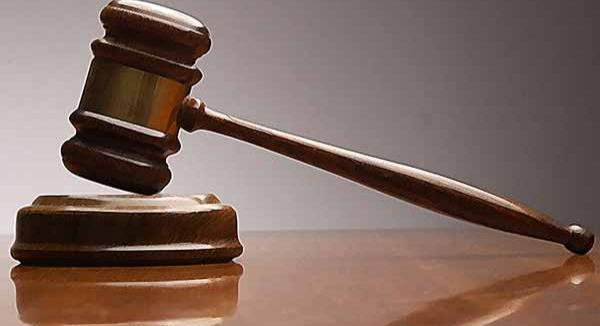A landmark victory has been secured by Nigeria in its move to overturn a $10 billion judgment awarded against it in a case against process and industrial Developments (P&ID).
This was disclosed in a judgment delivered on Thursday by Ross Cranston, a judge of the Business and Property Courts of England and Wales.
The judge granted Nigeria’s application for an extension of time and relief from sanctions.
According to TheCable, the case will either go back to arbitration based on the new evidence or both parties will now settle out of court.
“It is not my function at this preliminary stage to decide whether a fraud took place,” Cranston said.
“However, it has been necessary to consider a considerable amount of the material to decide firstly, whether, as Nigeria contended, there is a prima facie case of fraud and how strong that case is, and secondly, the steps Nigeria took to investigate the alleged fraud from late 2015.
“Both matters are relevant to the issues of whether Nigeria’s claim is barred altogether and whether time should be extended in its favour and relief from sanctions granted.”
On January 31, 2017, a tribunal had ruled that Nigeria should pay P&ID $6.6 billion as damages, as well as pre- and post-judgment interest at 7 percent.
The current outstanding amount is estimated at $10 billion.
Recall that the federal government had approached the court to establish that the contract was awarded on illegal terms.
Nigeria’s lawyers told the court in July that P&ID officials paid bribes to get the contract.
P&ID reportedly entered a gas supply and processing agreement with Nigeria in 2010.
Claiming Nigeria breached the terms of the contract, it took a legal recourse and secured an arbitral award against the country.
Nigeria has been making moves to overturn the judgement and has gotten court clearance to request documents from a P&ID stakeholder and review bank statements of ex-President Goodluck Jonathan, Diezani Alison-Madueke and Rilwanu Lukman, former ministers of petroleum.
The Economic and Financial Crimes Commission (EFCC), on August 18, arraigned James Nolan, a Briton, and six companies over their alleged involvement in the contract.
